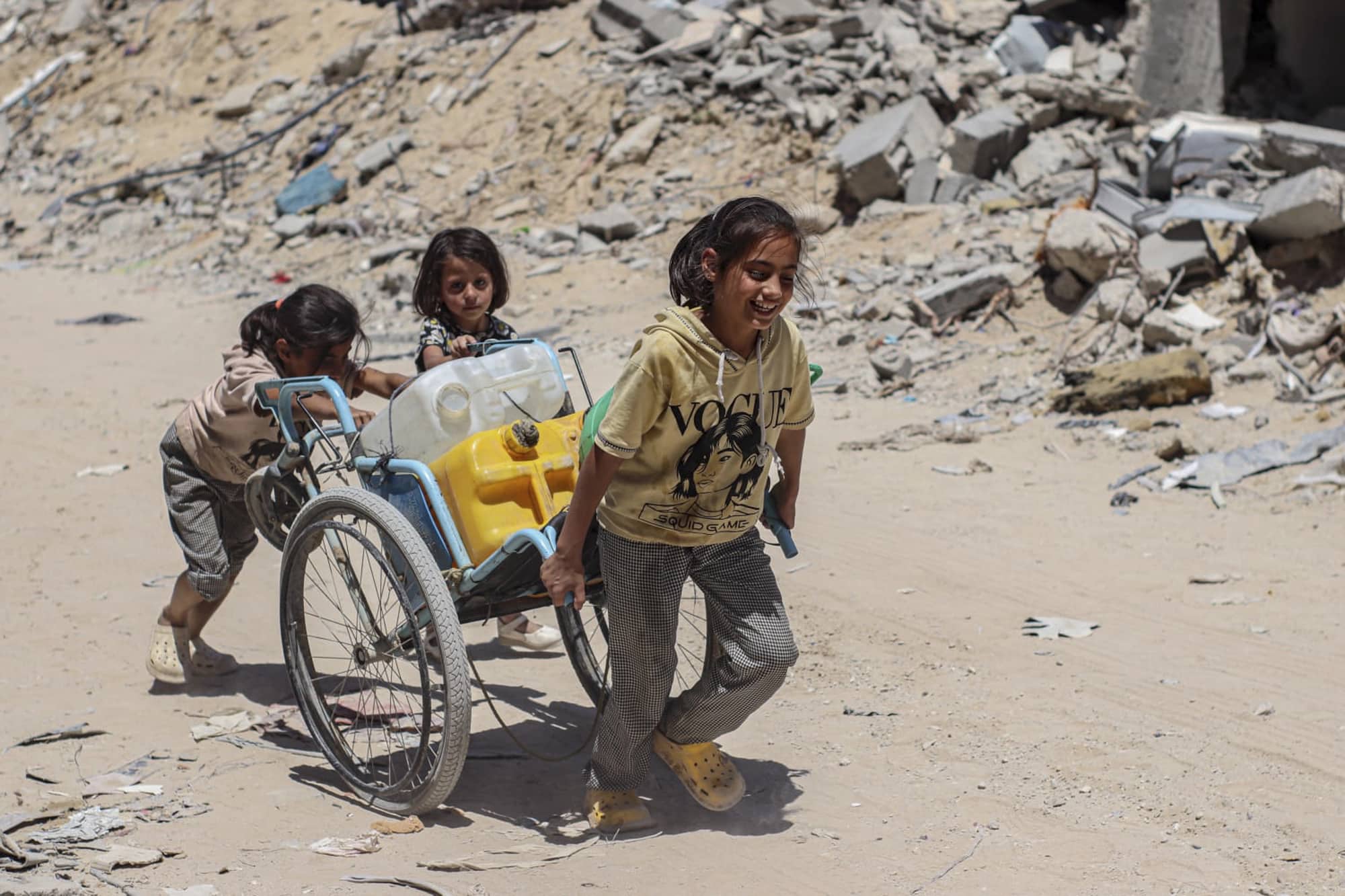On January 15, 2025, Israel and Hamas reached a ceasefire agreement, bringing Israel’s punitive military campaign in the Gaza Strip to a temporary halt. While this agreement will allay tensions in the short-term, Israel will soon be confronted with tensions on multiple fronts.
The latest ceasefire resembles various attempts that have been pursued since November 2023—when a truce temporarily stopped combat in Gaza, although this cessation in hostilities came about in a different political and strategic landscape. The November 2023 truce saw the Israelis and Hamas agree to a temporary ceasefire where they exchanged several prisoners. However, the deal fell apart owing to Hamas’ demands that Israel completely remove troops from Israel and Israel’s demands that Hamas fully demilitarize and exit the political scene in Gaza for good.
Since then, Israel has been on a rampage. Not only has Israel committed a veritable campaign of ethnic cleansing that has resulted in the killing of close to 50,000 Palestinian civilians and the internal displacement of 1.9 million people, it assassinated Hezbollah leader Hassan Nasrallah in September 2024 and Hamas leader Yahya Sinwar the following month. Thanks to a U.S.-backed Islamist insurgency in Syria, the government of Syrian President Bashar al-Assad was toppled in December 2024, dishing out another critical blow to the so-called “Axis of Resistance.”
However, such successes have come at a cost. According to Reuters, Israel has lost 405 troops in the Gaza ground campaign. While Israeli military officials estimate that the IDF has killed 18,000 Hamas fighters thus far, previous Secretary of State Antony Blinken conceded that “Hamas has recruited almost as many new militants as it has lost. That is a recipe for an enduring insurgency and perpetual war.”
A prolonged Israeli occupation will not sit well with the Israeli public after experiencing an unceremonious withdrawal in 2005. Internal pressures may have been the straw that broke the camel’s back as far as finally bringing Israel to the negotiating table. The Gaza war has taken its toll on the Israeli military, government, and broader society. According to surveys from Israeli polling institutions, anywhere ranging from between 60% to 70% of the Israeli public are in favor of ending the present conflict. `
The return of hostages has been a major sticking point for the Netanyahu coalition. The discovery of six hostage bodies allegedly killed by Hamas sparked a major backlash among the Israeli public in September. Since then, Israelis have taken to the streets in protest of the way the Israeli government has conducted the war.
It should be noted that Israelis aren’t opposing the war out of moral principle. 62% of Israelis agree with the sentiment that “there are no innocents in Gaza,” per a recent poll by the aChord Center. The issue at hand is the military’s and public’s growing fatigue with the Gaza war, where soldiers have admitted that the government’s efforts to rescue Israeli hostages appear to be futile. According to a report by Israeli journalist Meron Rapoport, a reserve officer revealed that soldiers are becoming demoralized due to a perceived lack of war aims and progress being made on the battlefield.
On the political front, whatever rally-round-the flag effect Prime Minister Benjamin Netanyahu enjoyed in the aftermath of the October 7 attack and subsequent military successes in Lebanon, Syria, and Gaza has seemingly dissipated. Recent poll projections show that Netanyahu’s coalition could fall to 49 seats, with the center-left bloc potentially being able to forge a majority.
After the ultranationalist Otzma Yehudit (Jewish Power) party left the governing coalition government on January 19 as a result of the ceasefire, questions about the viability of Netanyahu’s government have begun to surface. Internal tensions among the Israeli far-right and religious parties are legion. Many of these parties expect the Israeli government to annex the West Bank and give the green light to settlers to occupy Gaza. To make matters worse, religious parties such as ultra-Orthodox Shas party, which holds 11 seats in the Israeli Knesset, remain adamant in their opposition to the Haredi (ultra-Orthodox) into the IDF. Shas leader Aryeh Deri threatened to collapse the Israeli government if it does not fully address the issue of exemptions for the Haredi.
It’s premature to start talking about lasting peace being brought about in Israel. For one, U.S. President Donald Trump has already lifted a hold imposed by his predecessor Joe Biden on the delivery of 2,000 pound bombs to Israel. Moreover, tensions have flared up in the West Bank, as Israeli settlers have attacked Palestinians and the IDF has conducted several raids in Jenin.
While Trump has boasted about his efforts to bring peace to Gaza, the current ceasefire could merely be a ruse to allow a beleaguered Israeli military force to rest and replenish itself before resuming its campaign against Gaza and even opening a new front in the West Bank. Pro-Israeli donor Miriam Adelson cut Donald Trump a cool $100 million check during the 2024 presidential campaign. She will expect a return on that hefty investment, which may come in the form of a Trump administration-approved annexation of the West Bank.
No matter how many ceasefires are reached between Israel and Hamas, such arrangements are doomed to be fleeting. As long as a two-state solution continues to be ignored, violence is all but guaranteed in the region.
Israelis and Palestinians can breathe a temporary sigh of relief, but the harsh reality of their existential conflict will soon rear its ugly head.
































